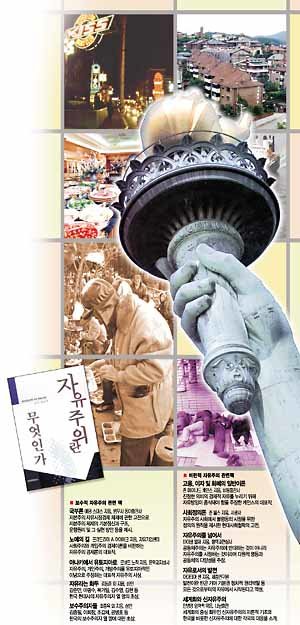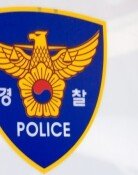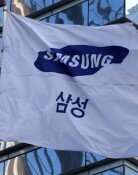`There Is No Liberalism without Humanity`
`There Is No Liberalism without Humanity`
Posted October. 27, 2001 10:02,

`There is no liberalism without humanity`, (subtitle: The meaning, history, limitations and criticisms of liberalism), edited by prof. Lee Keun-Shik (University of Seoul, Dept of Economics) and Hwang Kyung-Shik (Seoul National University, Dept. of Philosophy), attempts at healing `the wounded liberalism` in our society by properly embedding the historical phase and the present meaning of the liberalism. 10 contributors of this book, human and social science scholars from philosophy, history, political science, economics, and law, closely analyzed the variegated discourses surrounding the modern liberalism and their merits and demerits.
The introduction `Liberalism and Korean Society` written by prof. Lee Keun-Shik plays a role as a compass guiding the whole book. The author says that liberalism lies in the core of modern civic thoughts, according to which all individuals are absolutely precious beings with liberty and equality. As it were, liberalism is a healthy idea, which has dismantled the oppressive and discriminating traditional class society, and has built up the democracy and constitutionalism.
This classical liberalism is quite different from the neo-liberalism which has recently been popular. While classical liberalism lays stress on liberty, human rights, and tolerance, neo-liberalism, so-called the globalization of capital, is simply a liberalism divested itself of humanity.
It is the greatest merit that this book deals with the discourses about liberalism through multi-colored interdisciplinary approach. Since it has developed throughout the long history of the western society, liberalism does not exist in a single form but in plural forms, about which this book contributes to heighten the comprehensive understanding.
It is another virtue of this book to carefully overview the various arguments and counter-arguments surrounding liberalism. Moreover, in the final chapter, prof. Cho Woo-Hyun is actively searching for the new economic and social policies pertinent to the Korean society in the 21st century from the liberalistic point of view. His strategy, named as a `reformative liberalism`, can be summarized as the establishment of the humanitarian economy harmonizing the growth and the equality in the network era of the 21st century. This model makes a crucial suggestion for the future of our society in the sense that it reconstructs the idea of classical liberalism in the flows of globalization and information society.
However, it is not without a weakness in this book. Above all, it is regretful that this book excludes the cultural liberalism from the list of liberalism discourse. And the discussion on the relationship between classical liberalism and neo-liberalism would be also arguable.
In spite of disparities among the contributors of this book, they all bring into relief the fact that liberalism should be one of ideological alternatives for our society in the 21st century. Their alternative is just, as far as the proliferation of self-autonomy and reflexivity is a characteristic of the current direction of world history. However, it is still important to search for the concrete strategies in order to combine self-autonomy and reflexivity with the idea of equality for the socially weak. It will be a theoretical and practical task to realize the `true liberty` harmonizing liberty and equality, beyond the egoistic `false liberty`.
Edited by Lee Keun-Shik and Hwang Kyung-Shik
Samsung Economic Research Institute
Prof. Kim Ho-Ki (Yonsei University, Dept. of Sociology)







